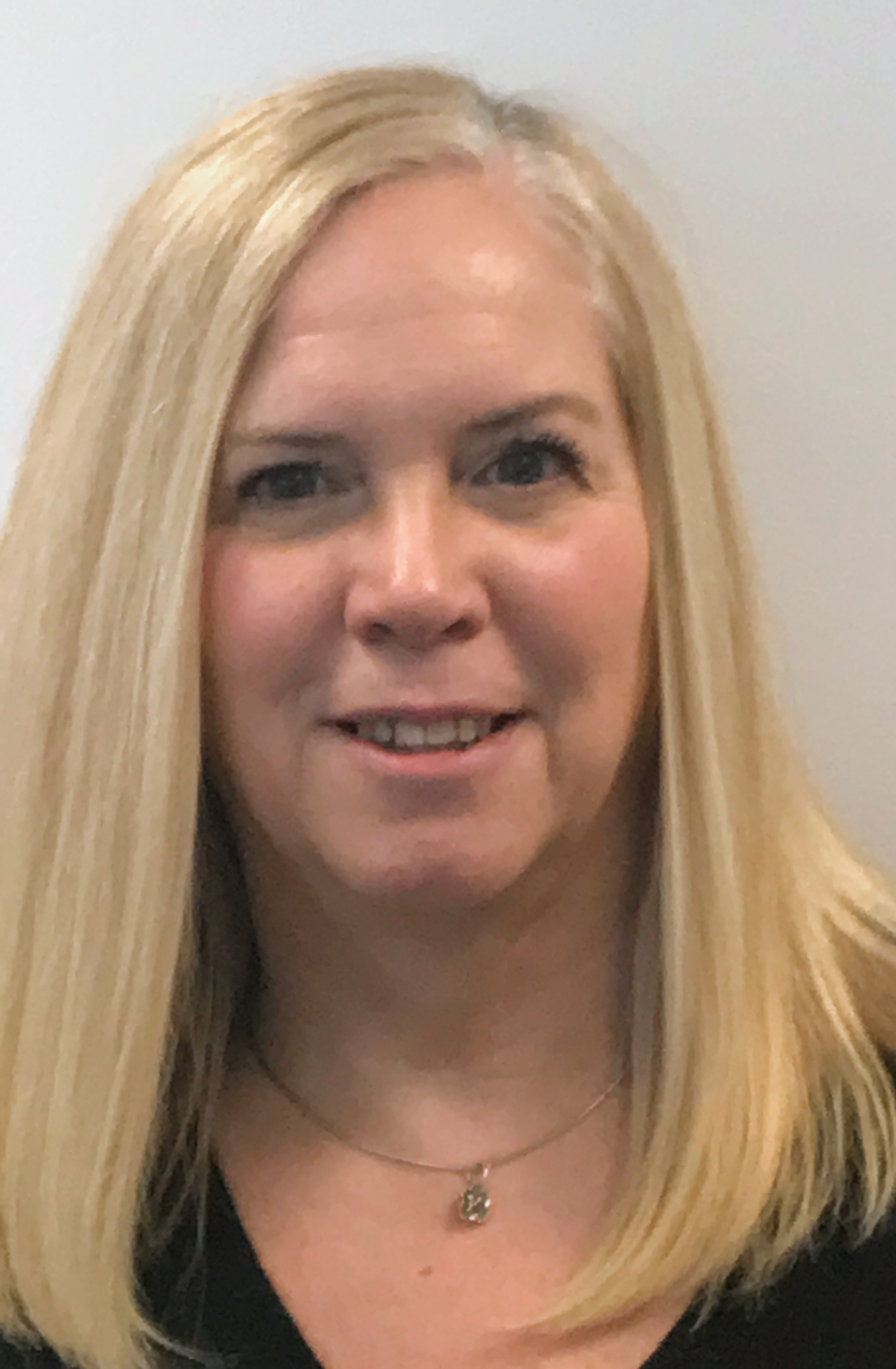
OJJDP Associate Administrator Kellie Blue.
Ms. Blue and her staff oversee programs that support juvenile drug courts and family drug courts. These courts use a treatment-oriented approach that addresses the substance abuse and co-occurring mental health disorders that often are present in youth and families who come into contact with the juvenile justice system.
The Intervention Division also manages programs focused on juvenile justice system improvements that enhance public safety, reduce reoffending, and improve youth outcomes while holding youth appropriately accountable. Targeted improvements include decreasing preadjudicatory detention and out-of-home placements and strengthening diversion and community-based alternatives. In addition, funding and other resources are provided to support juvenile indigent defense.
The Intervention Division is helping to ensure the delivery of comprehensive reentry services to youth while they are still confined and during their reentry into the community. “We promote the use of a comprehensive risk and needs assessment, which takes into account the strengths and needs of youth as well as the risk for reoffending once back in the community,” said Ms. Blue. “We also support permanency planning and assistance to youth in overcoming the collateral consequences often associated with juvenile justice system involvement.”
![]() The opioid epidemic is posing a significant threat to youth and community safety, and OJJDP is working with states and communities participating in our Opioid Affected Youth Initiative to identify, respond to, treat, and support children, youth, and families impacted by the epidemic.
The opioid epidemic is posing a significant threat to youth and community safety, and OJJDP is working with states and communities participating in our Opioid Affected Youth Initiative to identify, respond to, treat, and support children, youth, and families impacted by the epidemic.![]()
—Kellie Blue, Associate Administrator
Ms. Blue’s division oversees the Tribal Youth Program, which includes prevention services, interventions for court-involved tribal youth, improvements to the tribal juvenile justice system, and substance abuse prevention and mental health services. The division supports the work of juvenile healing to wellness courts for court-involved youth who are struggling with substance abuse. While holding youth accountable for delinquent behavior, the courts work as a team with tribal healing resources to offer structured and phased treatment and rehabilitation services.
During her 22-year tenure at OJJDP, Ms. Blue has also served as deputy administrator and acting associate administrator in the Office’s Demonstration Programs Division and as associate administrator in the Juvenile Justice Systems Improvement Division. In addition, she provided overall coordination for the Safe Schools/Healthy Students Initiative, a collaborative effort of the Departments of Education, Health and Human Services, and Justice that provided funding to more than 200 schools and communities across the nation to promote healthy childhood development and prevent violence.
Before joining OJJDP, Ms. Blue served as deputy director at the Justice Research and Statistics Association, where she managed and administered various evaluation and research projects funded by the Bureau of Justice Assistance and the National Institute of Justice. She earned a bachelor’s degree in political science from Susquehanna University and a master’s degree in administration of criminal justice from the American University.
